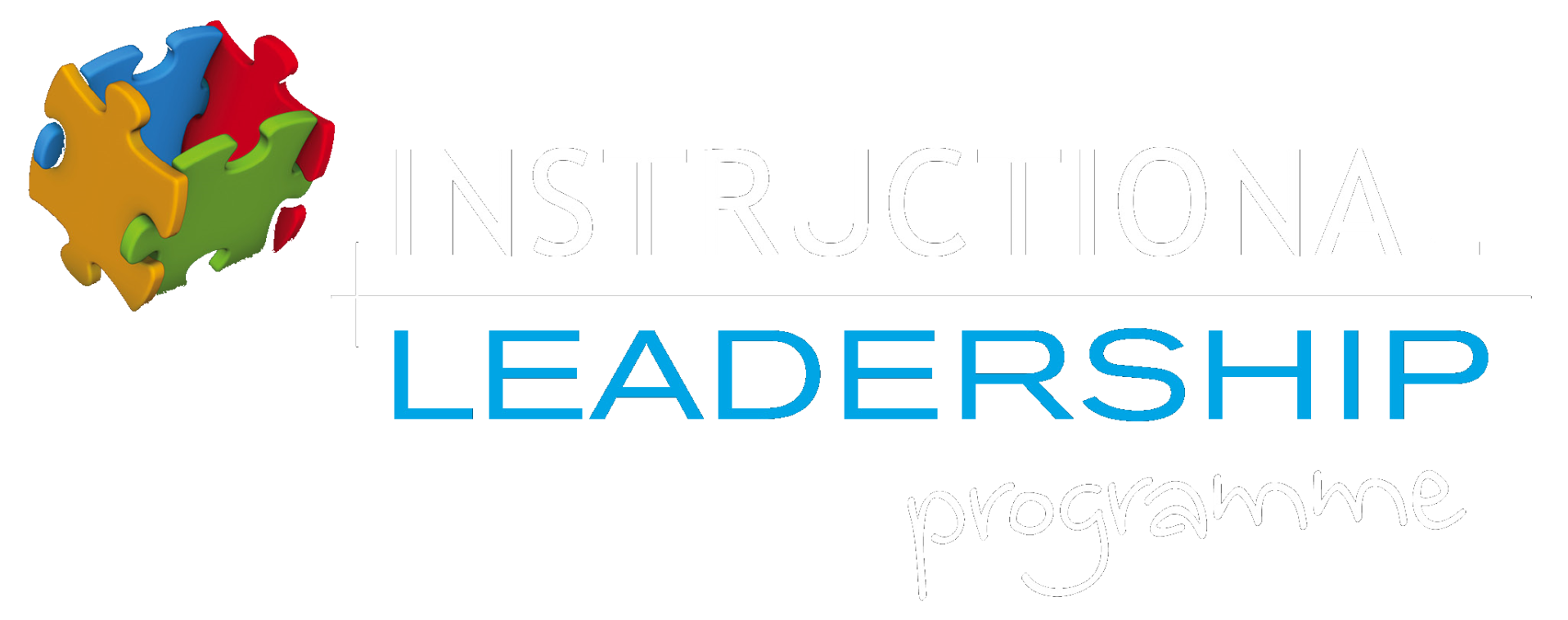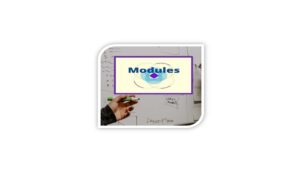Module 8 : Concept Attainment
To view Concept Attainment powerpoint Click here
Aims:
1. To develop participants’ understanding of what concepts are and how students acquire understanding of them
2. To develop participants’ awareness of what is meant by Inductive Thinking
3. To acquaint participants with the rationale and structure underpinning the strategy of Concept Attainment
4. To enable participants to see how this strategy may be employed to invoke Instructional Concepts such as Novelty and Motivation; and how it may be integrated with other strategies, such as models of co-operative learning, to further enable student learning.
Content:
- Exploration of what is meant by a concept and how students acquire knowledge of concepts
- Examination of what is meant by Inductive Thinking
- The Three Phases of Bruner’s Concept Attainment Strategy
o Developing Data Sets (Yes/ No examples) and Focus Statements
o Testing the Attainment of the Concept
o Analysis and Extension of Thinking Related to the Concept
- Relating the strategy of Concept Attainment to:
o Hilda Taba’s Inductive Thinking Strategy
o Perkins’theory of Knowledge as Design
o Various models of cooperative learning
- Critical evaluation of lesson plans that utilise the strategy of Concept Attainment
Learning Outcomes:
At the end of their engagement with this module,participants will:
- Have a deeper knowledge of concepts and how students acquire understanding of them.
- Be able to explain what is meant by inductive thinking and apply that understanding to the formulation of inductive thinking strategies.
- Be able to explain the three phases of Concept Attainment and how they constitute a strategy.
- Be able to integrate the strategy of Concept Attainment with other inventions and actions in a lesson plan.
- Be aware of how utilisation of the strategy of Concept attainment invokes important Instructional Concepts such as Novelty and Motivation.

